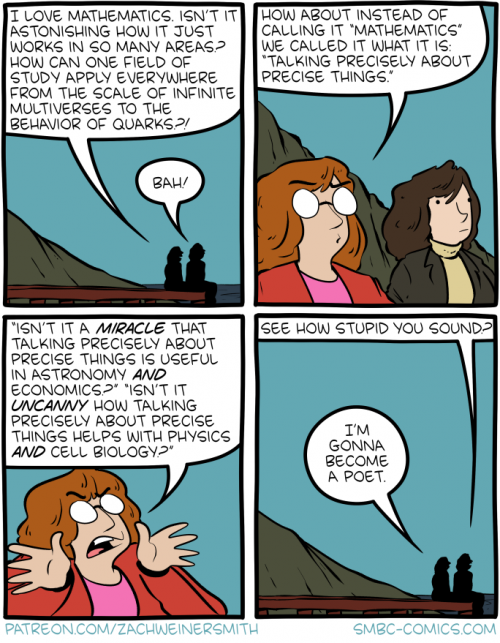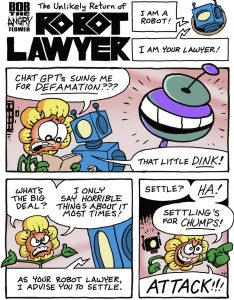I’m preparing to teach genetics again, and as usual, I’m trying to rework some of the lectures, because I don’t care to say the same thing every year. I had one odd thought that I’m probably not going to squeeze into the lectures this year, but thought I’d bounce it off people here.
Evolution and genetics were on parallel tracks in this very interesting period of 1860-1910. While the American Civil War and the Franco-Prussian War and the Boer War might have been distracting most people, biologists had their own obsessions. Charles Darwin published in 1859; Gregor Mendel in 1863. Darwin had immediate popular success, while Mendel was basically ignored and neglected. I was contemplating why the difference was there, and had a random idea.
Darwin started with a phenomenological and largely descriptive foundation, no significant math anywhere in The Origin. Mendel’s brief paper was little more than a mathematical hypothesis, with limited qualitative description — it was just peas, one model system, and the traits weren’t even particularly interesting, except for the fact that their inheritance was so discrete.
Evolution took off fast, and rather erratically. There were so many bad hypotheses built on the framework of natural selection (for instance, all of Haeckel’s work) that by the end of the 19th century, Darwinism (and in this case, that was an appropriate name for it) was fading, and people were finding flaws and poking holes in the idea. The absence of a quantitative basis for analysis was killing evolutionary theory.
Meanwhile, Mendel’s laws of inheritance weren’t getting any attention, but there was all this foundational qualitative work getting done — cell theory was being established, microscopy was taking off (instruments were reaching the physical limits of optics), Weismann had worked out the limitations of cellular inheritance, Sutton and others were publishing all this tantalizing stuff about chromosomes. When 1900 rolled around and Mendel was rediscovered, everyone was primed for his statistical/probabilistic theory of inheritance. We could do math on it!
Also, evolution was rescued by it’s happy marriage to genetics and in particular, population genetics. We could do math on evolution, too!
Everything is better with mathematics, is my conclusion. Except maybe individual success — before 1900, someone could come up with a hot theory and get it named after themselves. Afterwards, there’s too much detailed quantitative thinking going on for any one person, and eponymous theories went out of style, being regarded with suspicion, even.
Along comes SMBC to correct me:
OK, OK, it’s not just mathematics, it’s thinking precisely. But isn’t that what math is? How do you think precisely without the application of math and statistics and quantitative reasoning?









